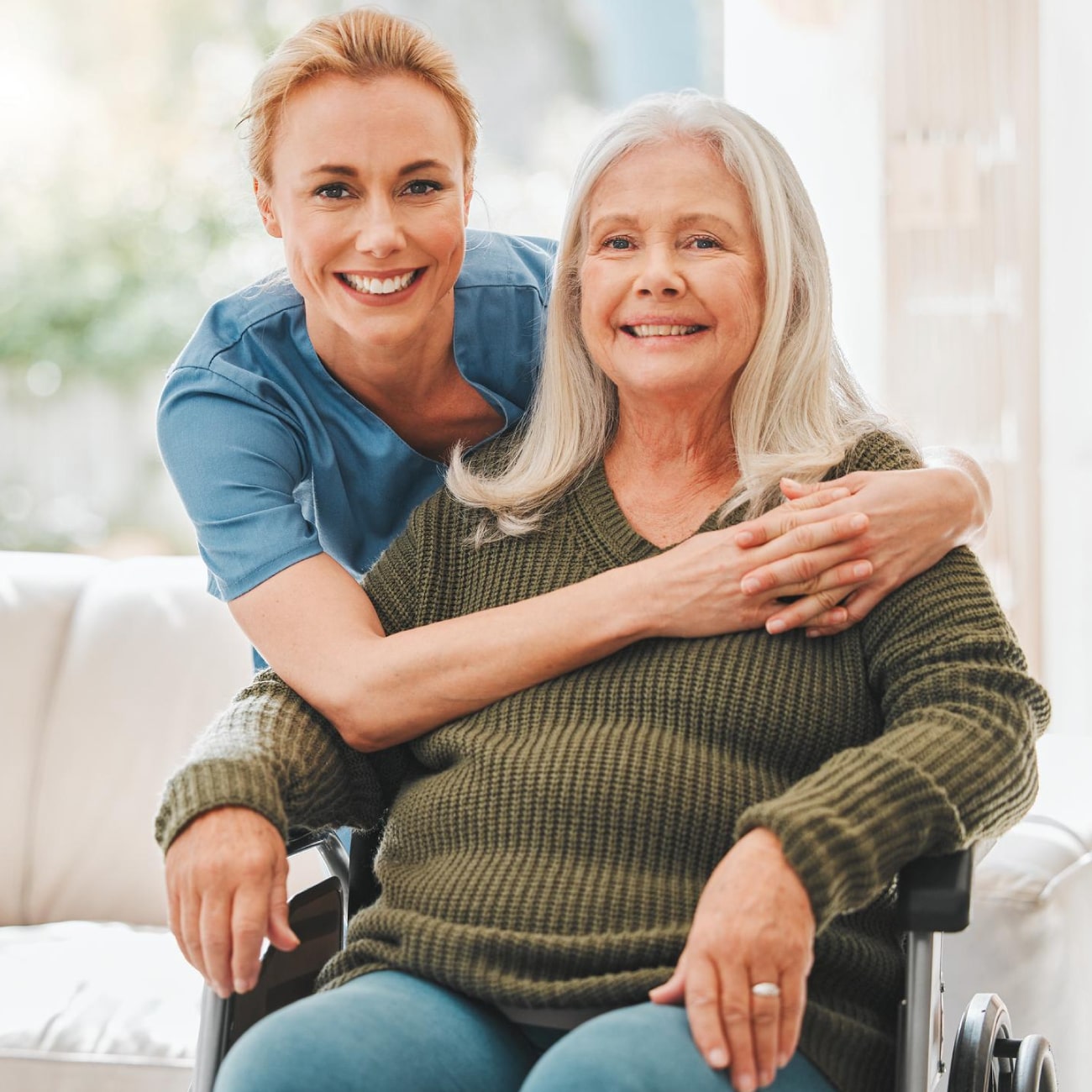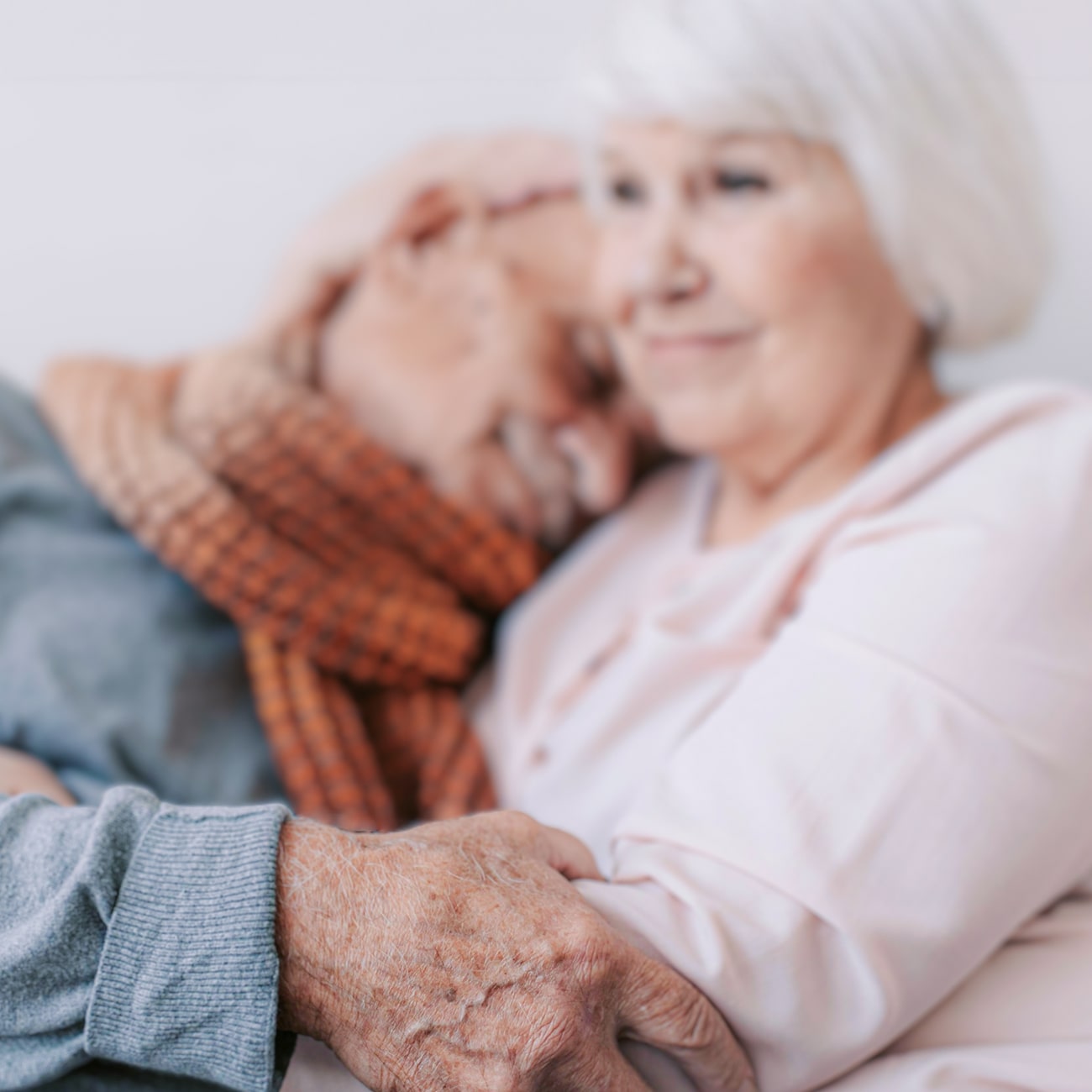
By: Margarita Venegas
Clinical and Health Psychologist
Caring for Caregivers: Strategies
for Well-Being in Alzheimer's Care
At IGC Pharma, we care about more than just medicine; we care about the patient and caregiver’s quality of life. Thus, we present caregivers a few strategies to improve their wellbeing and continue providing the best care possible:
Talk to others
Write it down
Quality time
Practice gratitude
Building habits like writing thank-you notes, maintaining a gratitude journal, or simply making an effort to appreciate the positive characteristics of life can have profound effects on emotional well-being. By focusing on the positive, challenges may seem less daunting and thus easier to tackle effectively. Moreover, cultivating feelings of gratitude increases positive self-perception, which boosts self-confidence and improves self-image. Consciously focusing on blessings can offer emotional and interpersonal benefits.7
We, IGC Pharma, want to underscore the importance of caregivers and their work to help Alzheimer’s Disease patients. Therefore, we hope these tips help them maintain a healthy life both for their benefit and their patients.
- Dodge, K. A., & Kiecolt-Glaser, J. K. (2016). Impact of caregiving stress on immune system. In International Encyclopedia of the Social & Behavioral Sciences (2nd ed., pp. 51-55). Elsevier.
- Li, Q., & Loke, A. Y. (2014). A systematic review of spousal couple-based intervention studies for couples coping with cancer: direction for the development of interventions. Psycho-oncology, 23(7), 731–739. https://doi.org/10.1002/pon.3535
- Holt-Lunstad, J. (2021). The potential public health relevance of social isolation and loneliness: Prevalence, epidemiology, and risk factors. Public Policy & Aging Report, 31(4), 127-130. https://doi.org/10.1093/ppar/prx030
- Howick, J., Moscrop, A., Mebius, A., Fanshawe, T. R., Lewith, G., Bishop, F. L., Mistiaen, P., Roberts, N. W., Dieninytė, E., Hu, X. Y., Aveyard, P., & Onakpoya, I. J. (2018). Effects of empathic and positive communication in healthcare consultations: a systematic review and meta-analysis. Journal of the Royal Society of Medicine, 111(7), 240–252. https://doi.org/10.1177/0141076818769477
- Frattaroli J. (2006). Experimental disclosure and its moderators: a meta-analysis. Psychological bulletin, 132(6), 823–865. https://doi.org/10.1037/0033-2909.132.6.823
- McKenna, O., Fakolade, A., Cardwell, K., Langlois, N., Jiang, K., & Pilutti, L. A. (2022). Resilience and its impact on quality of life and social support: A longitudinal study. Journal of Positive Psychology, 17(3), 289-302.
- Emmons, R. A., & McCullough, M. E. (2003). Counting blessings versus burdens: an experimental investigation of gratitude and subjective well-being in daily life. Journal of personality and social psychology, 84(2), 377–389. https://doi.org/10.1037//0022-3514.84.2.377







